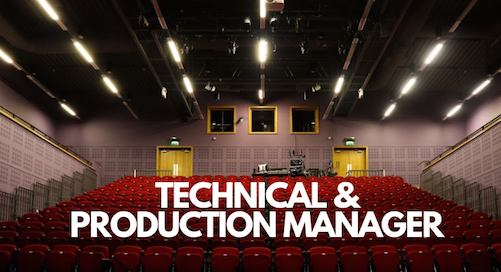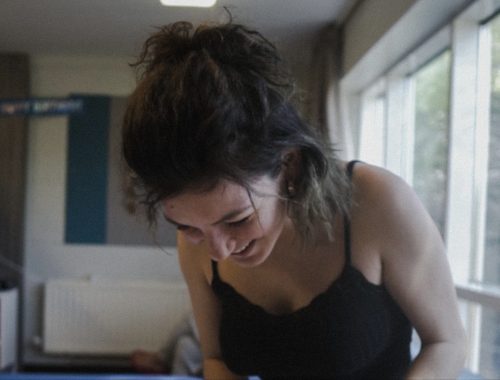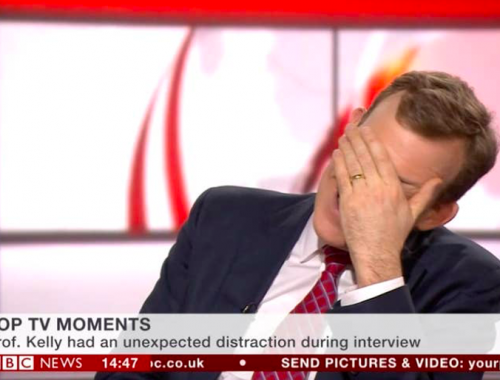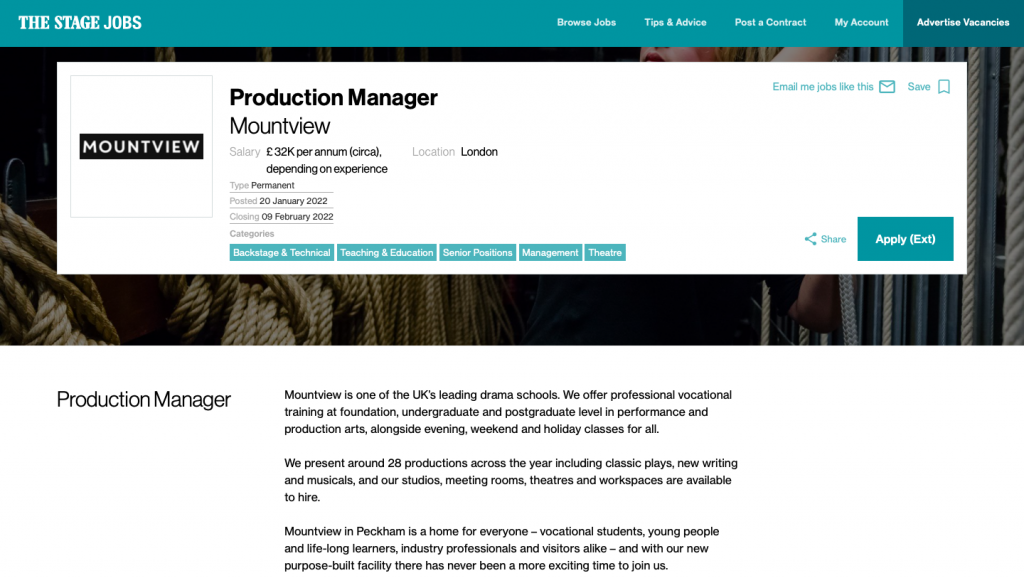“Where do you see yourself in five years?”

”Many people avoid thinking about interviews until the last possible moment, as if walking through the recruiter’s door is tantamount to entering a lion’s den.”1 It was the morning of the simulated interviews and I was extremely nervous getting ready in the morning. I was trying my best to look professional, because “you won’t have a second chance to make a good first impression”2. I was trying to trust my own skills and tell myself I had done enough preparation. When in reality, I wasn’t sure I really had. I picked the job I was interested early in the process, so I would have time to prepare properly for it, but unfortunately due to unseen circumstances, I spend most of the week before the interview back home, unable to really think or focus on anything.
So, when the morning of the interview came I could not stop thinking; was I ready for it?
The job I was going for was the Production Manager at the Mountview Drama School in London. The position attracted me to it because of the location of it, and the experience I have on the relevant field. I’ve worked as the president of the Queen’s drama society this academic year and have gained some very important experience through that. I have experience in different technical roles, as well as acting, directing and producing shows on a tight budget and a quick turnaround. I felt like this would be a great opportunity for me to strengthen those skills I had gained and get valuable experience on more professional field.
To achieve a greater understanding of the simulated interview, and thinks I’ll need to focus on in the future when preparing for one, I’ll use Borton’s model of reflection.

No matter how good you are or how great the demand for your experience, you must sell your assets.
Staff. “Handling the Interview.” Umoja Sasa 6, no. 1 (1982)
What?
What happened in the interview? The start of the interview went generally really well. I was telling about myself and the skills I had gained through working as the president of the drama society and through my degree. I noticed I was talking a lot with my hands through the interview as a side effect of being nervous, I found it quite hard to stay put and control my nerves. But despite that, everything was going generally really well.
Then I got asked the question, “Where do you see yourself in five years?” Now, what I was trying to achieve with my answer, was to show the interviewers I had ambition and I was ready to work hard on the job to move up. The position I was applying for was the deputy production manager, so there was definitely a possibility to climb up the career ladder within the company. Even though this was my intention, what came out of my mouth didn’t depict any of this. Instead, I said: “Well, I’m hoping to be moving on to bigger and better things.” Immediately in that moment I knew, the job wouldn’t be mine. This made me mortified and feel like I had absolutely failed the interview. I was ashamed, because everyone else in my group had done so well in their own interviews.
So What?
So what did I learn about this incident? To be more prepared. “Where do you see yourself in five years”, is a very basic job interview question, it didn’t come as a surprise to me that the interviewers asked it. I’ve never done a job interview and not got the job. I’ve had multiple part-time jobs before, and I’ve always been a very confident in the work I do and how I present myself. I went into the simulated interview thinking I already know everything about job interviews and looking back, I was being very overly confident about my own skills, to actually take the time and research the company I was applying to. This was very foolish of me. “Recruiters often comment on the lack of preparation in otherwise qualified individuals. No one is impressed with a candidate who does not know the slightest thing about the company”4, comments Patricia Mooney on her article. And why should they? If someone truly wants the position, they will have questions and answers prepared for the interview. I made an error in my judgment and thought I could just come up with the answers on the spot. I was lucky it was the simulated interview in front of my peers I realised this, and not the crucial interview for my dream job.
The job market these days is very competitive and instead of beating myself down because I didn’t do as well as others in my group, I should be focusing on the things I particularly liked about the way they presented themselves and learn from them. For example I thought Isabelle was so calm and she knew a lot about the company she was applying for, and Conor in the other hand provided a really nice variety of different, relevant experience in his answers.
Now What?
How can the situation be avoided in the future? Preparation. Next time I’m going for a job that really interests me and I really want to get, I will do my homework.
I will research the company properly, and prepare question for the interviewer to show them my interested in the position. I will make notes on possible interview questions they might ask and my answers to them, to make sure I’m providing relevant and a wide range of experience to them, so I don’t get stuck reciting the same things, when I have different experience that could be valuable to them and prove my proficiency. And also so I get across exactly what I want, without saying things I do not mean. Lastly, I will make sure to get all of this preparation done well in advance. There’s no point doing this the night before, where the nerves are already starting to kick in. it’s better to get the preparation process out of the way quick, so the night before can be dedicated for relaxing and getting a good night’s sleep.
Overall this simulated interview was a valuable opportunity to learn for me. In addition to learning the importance of preparation the hard way, I felt proud of myself of being able to actually do the interview, despite the personal hardship I had just encountered before the interviews took place. I learned to be gentle towards myself and accept that everything can’t always go as planned, sometimes life gets in the way.

Bibliography
- Mooney, Patricia. “The Job Interview.” Umoja Sasa 6, no. 5 (1982): 42–44. http://www.jstor.org/stable/43690974.
- Puetz, Belinda E. “The Winning Job Interview.” The American Journal of Nursing 105, no. 1 (2005): 30–32. http://www.jstor.org/stable/29746285.
- (QUOTE) Staff. “Handling the Interview.” Umoja Sasa 6, no. 1 (1982): 20–22. http://www.jstor.org/stable/43690938.
- Mooney, Patricia. “The Job Interview.” Umoja Sasa 6, no. 5 (1982): 42–44. http://www.jstor.org/stable/43690974.
Reflecting on my Simulated Interview
You May Also Like

Surprisingly Worthwhile
18 February 2022
9 February 2022



